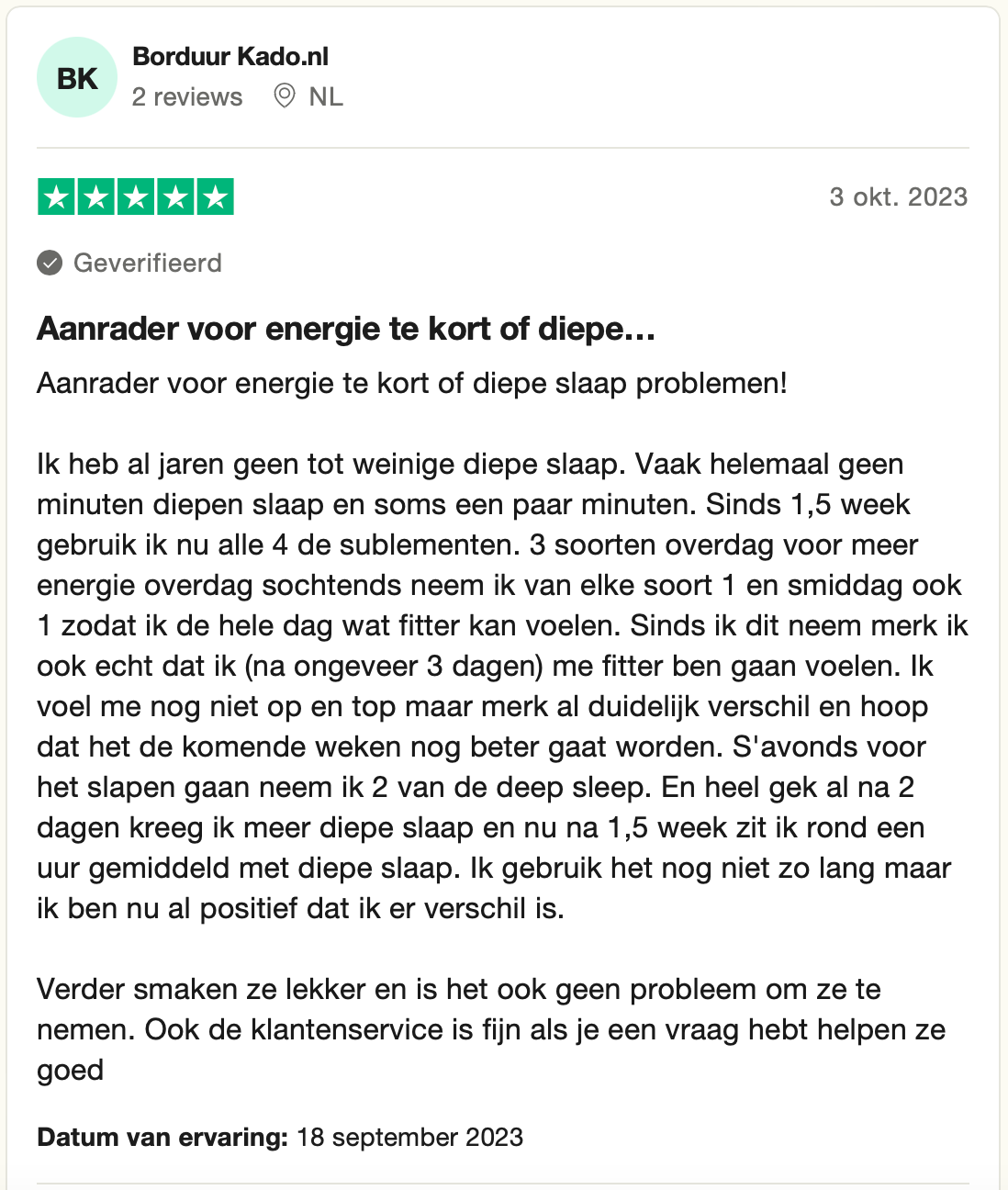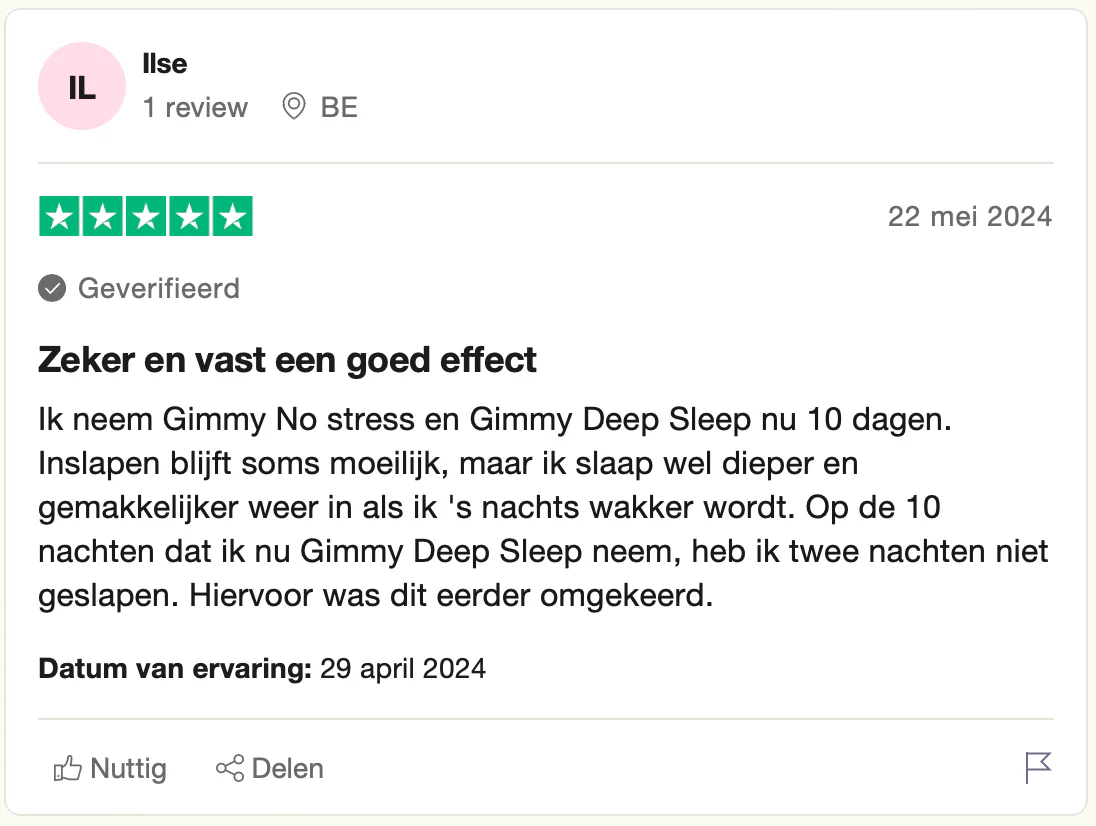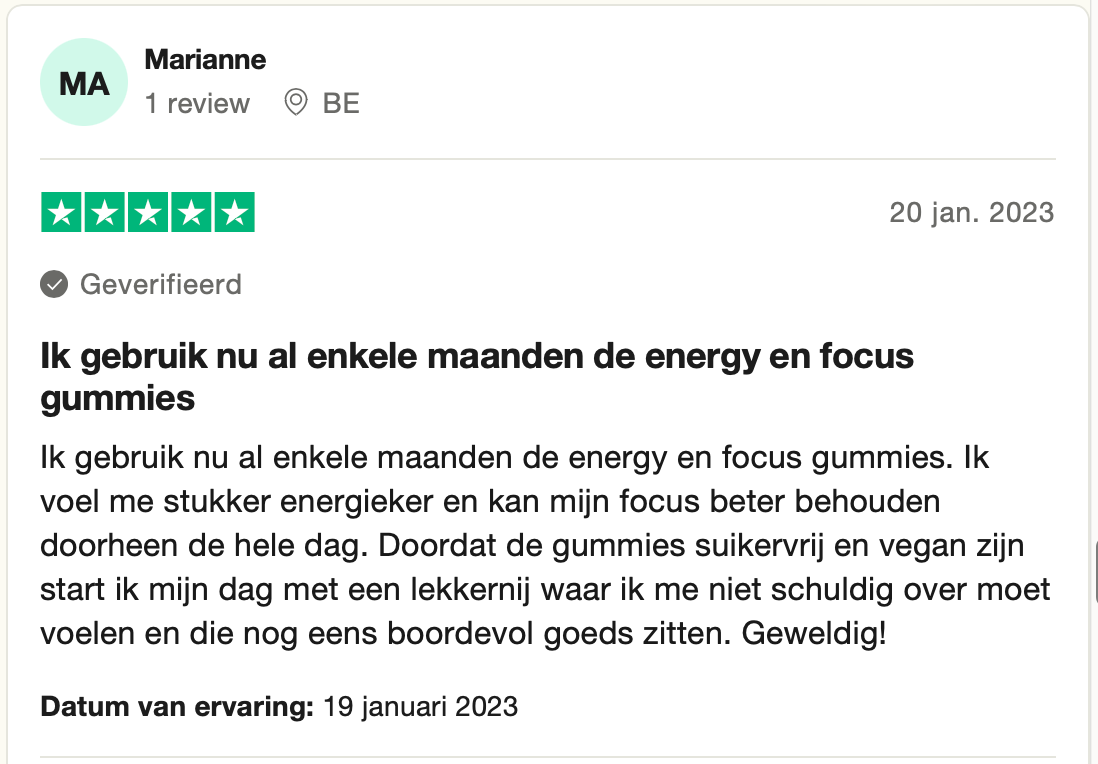What is the difference between burnout and being overworked?
by Simon Dewaele on Feb 03, 2023
It is quite common to think that burnout and overwork are the same thing. But there are important differences between these two conditions. It is important to know the differences as the approach and recovery of both conditions are different. In this article, we will elaborate on the difference between burnout and overwork.
If you want to know more about overstrain and its symptoms, we would like to refer you to our blog on overstrain . Here you will find more explanations and tips on how to prevent and recover from overstrain.
What does being overworked mean?
Being overworked means that a person is emotionally and mentally exhausted due to extreme stress. This can be caused by an abundance of responsibilities at work or privately, an inability to switch off and relax, or an unhealthy work-life balance. Scientific studies show that overworkedness is associated with increased levels of cortisol, the stress hormone, in the body. This can lead to physical and mental symptoms such as fatigue, headaches, insomnia and an impaired immune system. Overstrain can also have a negative impact on the quality of social and professional relationships and overall quality of life. Do you recognize yourself in this? Then the following information may be extremely interesting for you.
What does burnout mean?
Burnout is a more severe form of overworkedness, which develops when stress persists for a long time and does not abate. It is often associated with a lack of personal meaning and purpose in work, as well as a feeling of exhaustion and emotional depletion. Scientific studies such as the World Health Organization (WHO) have recognized burnout as an official medical diagnosis since 2019, estimating that up to 30% of working people in Europe struggle with burnout symptoms. Burnout can lead to serious physical and mental health problems, including depression and anxiety disorders, and can also have a lasting effect on a person's ability to work and function in daily life.

Is there a difference in symptoms between overwork and burnout?
Yes, there are clear differences in symptoms between overstrain and burnout. Overstrain is characterized by symptoms such as fatigue, anxiety, headaches, poor concentration and insomnia. These symptoms usually diminish after reducing stress. In burnout, however, symptoms are more severe and persist despite reduction in stress. Features of burnout include exhaustion, feelings of emotional emptiness, loss of interest or motivation for work, and a lack of personal meaning and purpose. Other symptoms of burnout may include emotional instability, difficulty concentrating, physical exhaustion, a feeling of inner coldness or aloofness, and reduced effectiveness at work. It is important to know that overwork and burnout are different stages of stress, and it is possible to take early action and prevent the development of burnout.
Is recovery for burnout and overstrain the same?
No, recovery for burnout and overwork is not the same. Recovery for overstrain usually only requires some time to relax and reduce stress. It is also often helpful to address the cause of the stress to prevent future overstrain. Burnout, however, requires more intensive treatment, sometimes including medical care, counseling or therapy and a change in lifestyle and work environment. To recover from overstrain, it is important to learn how to manage stress and restore your body and mind in a healthy way. Our blog " Overworked - what do you feel when you are overworked and what do you do about it? " provides comprehensive information and useful tips on recovering from overstrain.

Onze tevreden klanten


























